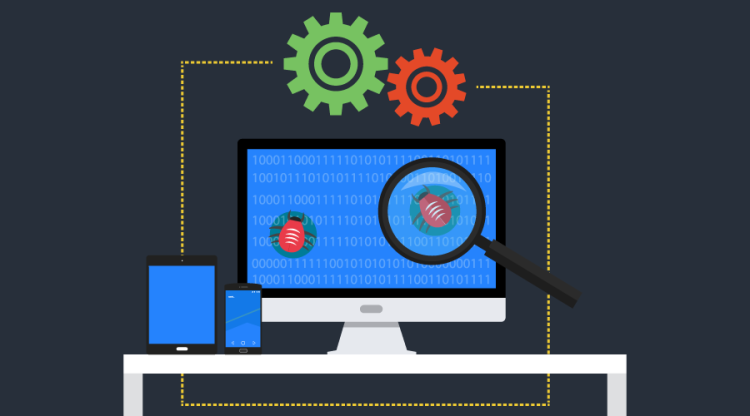In today’s fast-paced world of technology, software development is at the heart of innovation. As software continues to evolve and become increasingly complex, the role of software testing has become more critical than ever before. Effective software testing requires a unique skill set that goes beyond just clicking buttons and reporting bugs. In this blog, we will explore the critical skills required for success in software testing and why they are essential.

- Attention to Detail: Software testing is all about finding the smallest of defects that could potentially wreak havoc in the real world. Testers must meticulously examine every aspect of the software, from the user interface to the underlying code, to ensure nothing slips through the cracks.
- Analytical Thinking: Testers need to think critically and analytically to understand the software’s behavior and identify potential issues. They must be able to dissect complex systems, break them down into manageable parts, and systematically test each component.
- Communication Skills: Effective communication is paramount in software testing. Testers need to document their findings clearly and concisely, providing developers with actionable feedback. They also need to collaborate with various stakeholders, including developers, project managers, and product owners.
- Programming Knowledge: While not mandatory, having a basic understanding of programming languages and concepts is a valuable asset for testers. It helps them better comprehend the code they are testing and allows them to write automated test scripts, saving time and increasing test coverage.
- Test Automation: Automation is becoming increasingly vital in software testing. Testers proficient in automation tools and frameworks can create and execute tests more efficiently, ensuring faster feedback and quicker releases.
- Domain Knowledge: Having domain-specific knowledge is crucial in certain industries, such as healthcare or finance. Testers who understand the domain can identify potential risks and requirements specific to that industry, improving the quality of testing.
- Adaptability: The software testing landscape is constantly evolving, with new tools and methodologies emerging regularly. Testers must be adaptable and willing to learn and adopt new technologies and best practices.
- Problem-Solving Skills: Software testing often involves dealing with unexpected issues and challenges. Testers need strong problem-solving skills to overcome obstacles and find innovative solutions to testing problems.
- Critical Evaluation: Testers should be able to assess the impact and severity of defects, helping development teams prioritize and address issues effectively.
- Quality Assurance Mindset: Ultimately, software testers play a vital role in ensuring the overall quality of the product. They need to have a mindset that prioritizes quality over quantity and be advocates for delivering a robust and reliable software product.
In conclusion, software testing is a multifaceted discipline that demands a diverse skill set. These skills are essential for identifying and preventing defects, enhancing the user experience, and ensuring that software meets its intended purpose. As the software industry continues to advance, the importance of software testing skills will only grow, making testers indispensable contributors to the development process.
To know more visit:- Mastering Essential Software Testing Skills